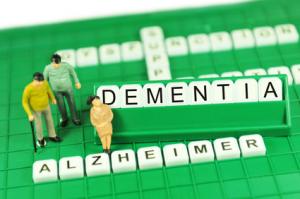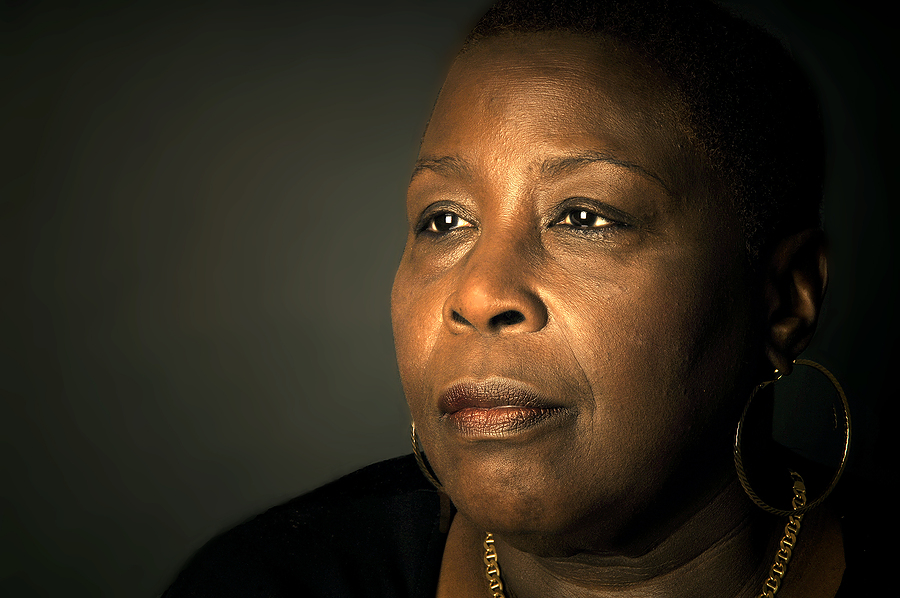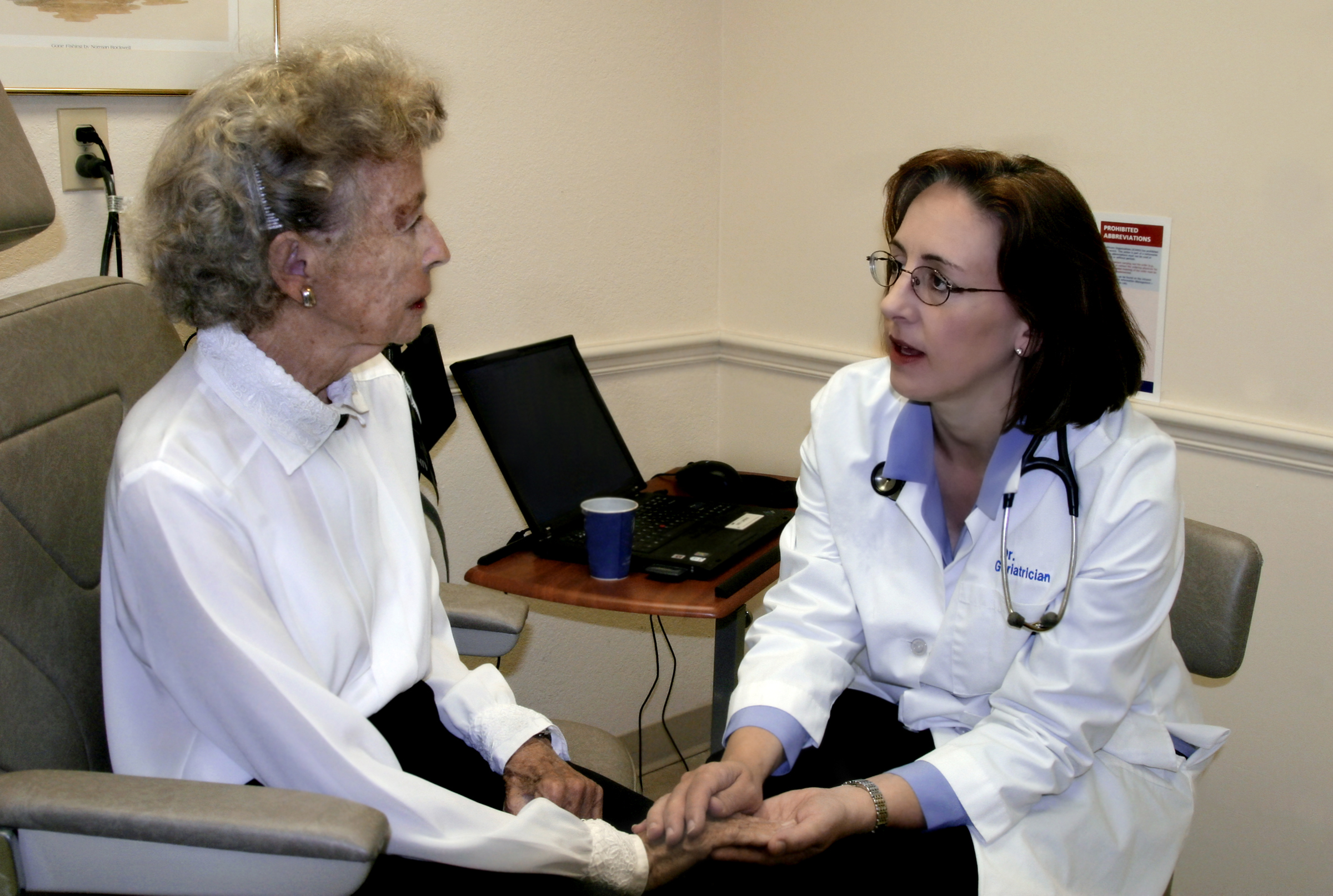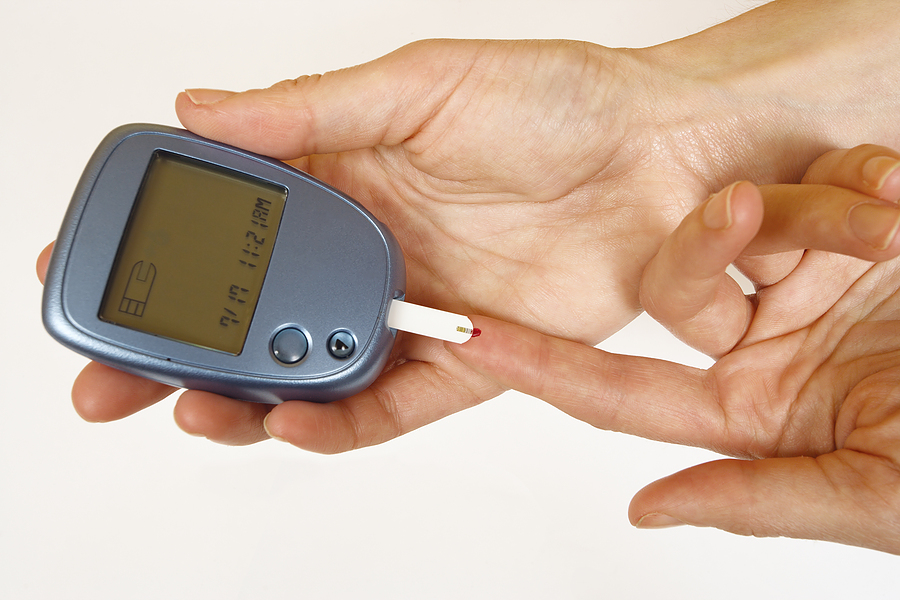
Dementia
Dementia is a term that describes the symptoms of disorders associated with progressive decline of the brain. Dementia in itself is not one disease, rather a syndrome, this means it is used to describe a group of symptoms, these symptoms could be caused by one of many different diseases or conditions, the most common of which are: 
- Alzheimer's disease
- Vascular dementia
- Dementia with Lewy bodies
And
- Frontotemporal dementia
There are many other causes that can be associated with dementia or some of the symptoms of cognitive impairment dementia describes, for example Creutzfeldt-Jakob disease (CJD), Korsakoff's syndrome, Huntington's disease and HIV and AIDS related cognitive impairment.
Symptoms
While memory loss is probably the most well known of dementia symptoms, you may wonder when should 'forgetfulness' be a concern? Well, with the symptoms of dementia there is usually a progression, these symptoms will get worse over time.
If you or a loved one are experiencing a marked change in memory or any of the symptoms described below we suggest you see your GP as treatment options and outlook is better, the quicker any diagnosis is made.
The common symptoms the term dementia describes include:
- Loss of memory
- Confusion
- Changes in thinking, understanding, language or judgement
- Mood changes
It is not uncommon for people with dementia to have difficulty in controlling their emotions, they may feel angry, anxious or depressed. They may behave inappropriately in social situations. They may also experience changes in aspects of their personality and they may see or hear things which others do not depending on what is causing the dementia.
Depending on what is causing the problem, symptoms will vary. Please see more detail about the common causes of dementia below and follow our external link to more detail on these.
Who gets dementia?
Dementia occurs most commonly in people who are over the age of 65 and the instances of dementia increase along side age, meaning there are higher rates of dementia in older age groups. Every five year increase in age the proportion of dementia within the group sufferers doubles with 1/3 of those 95 and over suffering the syndrome. It is possible however to be diagnosed with the condition before the age of 65, and this is known as early onset dementia.
In the UK there are currently 750,000 people living with dementia, this equates to over 570,000 people in England alone. Because we are as a population living longer, this is expected to double over the next three decades. It is also thought that less than 50% of those living with dementia actually gain a diagnosis.
Dementia is more common in women than in men with the Alzheimer's Society putting the statistic as high as two thirds of sufferers being women.
Common causes of dementia
Alzheimer’s disease is a condition where the normal workings of the brain are disrupted by small clumps of protein that begin to form around the brain cells.
Vascular dementia involves problems with the circulation of the blood which results in parts of the brain receiving insufficient blood and oxygen. Symptoms are usually of sudden onset, for example following a stroke, however they can come on over time.
Dementia with Lewy bodies (DLB) is a condition in which abnormal structures known as Lewy bodies form inside nerve cells, their presence inside the brain creates problems with cognitive function. The condition shares similarities with Alzheimer's and Parkinson's diseases. Visual hallucinations may be present.
Frontotemporal dementia occurs when the frontal and temporal lobes begin to shrink. It is much less common than other types of dementia, however it's occurrence in people under the age of 65 is quite significant as it is one of the more common causes of dementia in this younger age group. Behaviour changes are the most marked and usually the most commonly noticed symptom in this dementia, while memory function is usually quite unaffected.
Treating dementia
Although there is currently no cure for dementia there are a number of effective treatments that can help people to cope and manage their symptoms. In recent years we have seen new drugs developed that show promising results (in terms of slowing the decline) when used in the early stages of disease, please see the guides below for more on this and other dementia news.
A care plan can be drawn up that can highlight medications, goals, support services, care needs and how they will be met, lifestyle plans with exercise and healthy eating ideas, emergency contacts and other information regarding your care. Please ask your GP about a care plan, this can help you take a proactive role and understand more about what lies ahead and things you can do and prepare for, it can help you and your family know your roles and responsibilities as well as who else will be responsible for your care.
Related Guides































